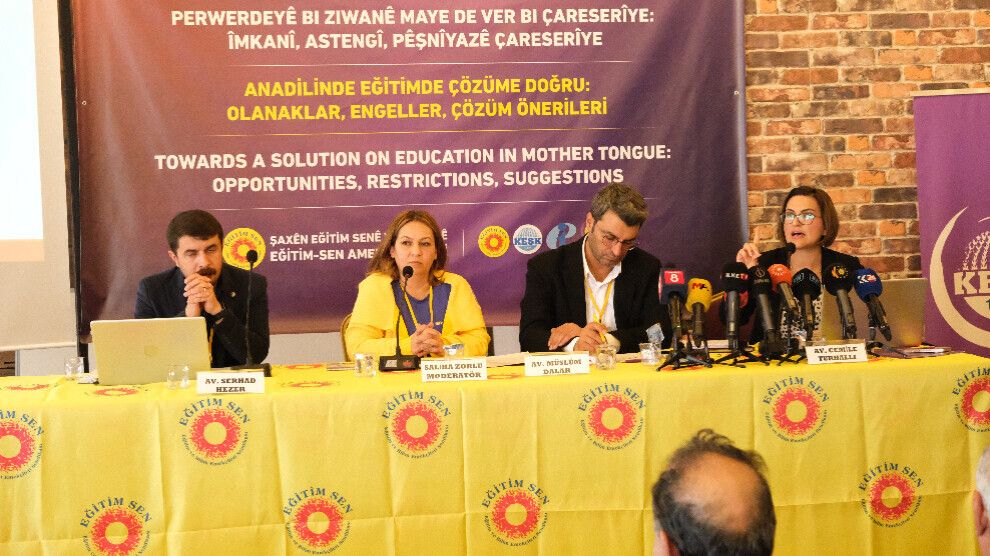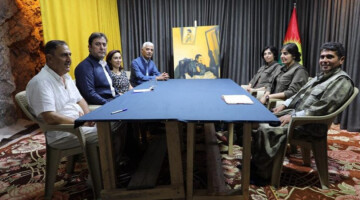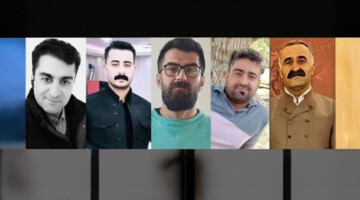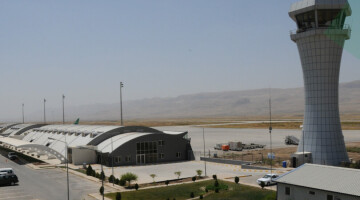Under the title “On the Way to a Solution in Mother Language Education: Possibilities, Obstacles, Proposals”, the Education and Science Workers' Union (Eğitim Sen) is holding a workshop in the province of Amed (tr. Diyarbakır). The workshop, attended by journalists, academics, writers and numerous guests, focuses on the demand for legal and social recognition of the Kurdish language as part of a democratic education structure in Turkey.
The workshop at Çand Amed Congress Center discusses the structural barriers and prospects for multilingual education, highlighting its importance for equal opportunities, democracy and peace.
Kurdish people have been systematically ousted from public spaces
In the first panel discussion, entitled “The problem of mother tongue language education in the Turkish legal system”, Müslüm Dalar, a lawyer and board member of Diyarbakır Bar Association, traced the historical lines of repression against the Kurdish language. He recalled that Kurdish was once an established language of education and science in the medreses – until language bans were institutionalized in the wake of the rise of the nation state.
“The 1924 constitution of the Republic laid the basis for a monolingual system. Later, exceptional laws, emergency decrees and special measures followed with the aim of disenfranchising and assimilating Kurds,” Dalar stated.
After the military dictatorship in 1980, Kurdish forms of expression in everyday contexts such as music, weddings or public speeches were banned. The recognition of Kurdish as a language of instruction or administration is not only a question of law, but also of the democratization of Turkey as a whole, according to the lawyer.
International legal obligations – but political blockades
Serhat Hezer, a lawyer with the Association of Lawyers for Freedom (ÖHD), recalled that Turkey is obliged under international law to respect linguistic and cultural rights – for example, through the Universal Declaration of Human Rights or the 1992 UN Declaration on Minority Rights. However, he said, Ankara has entered reservations or “restrictions” in key points, particularly where collective linguistic rights are concerned. “The Turkish constitution was drafted on the basis of a monist understanding of the state and language. This is also reflected in international politics: plurality is not recognized, neither internally nor externally,” Hezer said.
“Language is life – and the basis of equality”
Cemile Turhallı, co-spokesperson of the DEM Party's Commission for Language, Culture and Art, concluded the panel discussion. She emphasized that the previous constitutions of the Republic of Turkey (1924, 1961, 1982) had all systematically excluded the use of Kurdish – both in an individual and collective context.
“With the 1982 constitution, the Turkish language was even enshrined as an inviolable dogma,” Turhallı said. “Citizenship was narrowed down to an ethnic definition and all other groups were constructed as a threat. This is how the so-called 'Kurdish question’ came about – or as it is called in official discourse: the 'eastern issue, the 'terror issue’, the 'security issue.”
Language is not only a cultural or political issue, but also touches on very specific realities of life said Turhallı and continued: “The right to one's own language is closely linked to other fundamental rights; to the right to education, health, equal treatment. Children who are not allowed to speak their mother tongue die unnecessarily in hospitals, do not have a fair chance in the education system, and suffer from exclusion.”
Proposals for a democratic solution
Cemile Turhallı called for fundamental political and legal reforms, including:
▪ Abolition of the ethnically defined concept of citizenship, and introduction of inclusive “citizenship of the Republic of Turkey”
▪ Constitutional reform: abolition of discriminatory articles (including Art. 3, 4, 42, 66)
▪ Positive obligation for the state to provide education in the mother tongue
▪ Recognition of at least two official languages
▪ Multilingualism in public administration and state services
▪ Recognition of pluralism as the basis for national unity
“A society that does not achieve linguistic peace will not achieve social peace. Multilingualism and multiculturalism are not a risk – they are the backbone of a democratic republic,” Turhallı concluded.
The workshop will continue with a second round of discussions after a lunch break.











